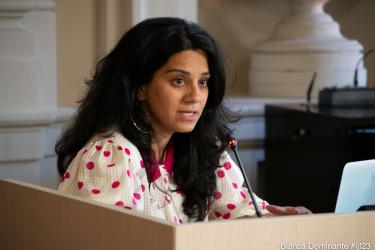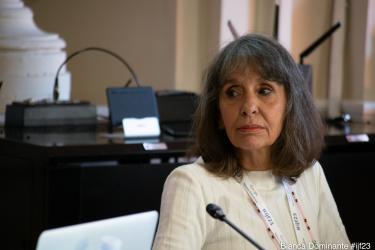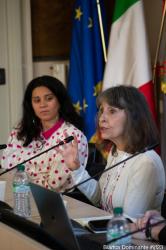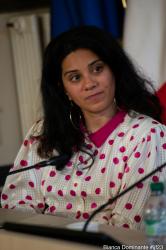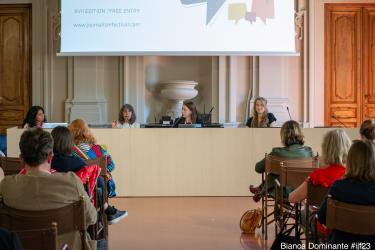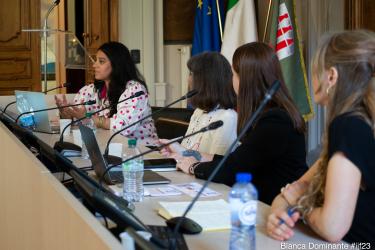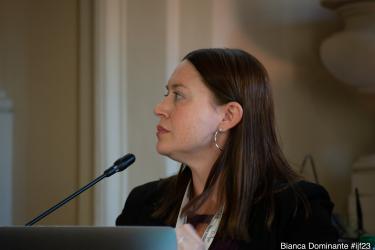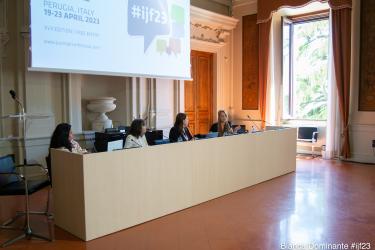Over a quarter (26%; n= 186) of women survey respondents said that mental health impacts were the most frequent consequence of experiencing digital attacks - and the exposure is worse for journalists experiencing gendered or intersectional online violence.
These are concerning details from ICFJ’s landmark global study on online violence against women journalists entitled The Chilling: What More Can News Organisations Do To Combat Gendered Online Violence? Co-editor Nabeelah Shabbir will share the latest research findings and recommendations, especially when it comes to the gaps that news organizations and other actors can address.
What then can individual journalists do to mitigate mental health harms from online attacks? Ana Zellhuber has deep experience supporting journalists through psychological trauma. She will offer key takeaways and strategies from IWMF’s Mental Health Guide for Journalists Facing Online Violence. She provides an important, oft missing perspective in this discussion: the view of the mental health practitioner about how journalists can know when their mental health is at risk, and take proactive steps to protect their psychological wellbeing and understand this wider phenomenon.
We wrap up our discussion with FPU's Flora Schulte Nordholt, who will present a blueprint of practical support that can be scaled, such as peer-to-peer support networks, including examples from Kenya and Pakistan.
This panel will show how the global press freedom community is continuing its work to de-stigmatize discussions of mental health in the newsroom, and to ensure that journalists experiencing online violence get the support they need to keep going, and know that they are not alone. This will be a solutions-oriented discussion, welcoming audience participation, and learning techniques and strategies to manage the psychological impacts of online harm.
Organised in association with International Women’s Media Foundation.



